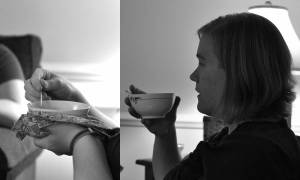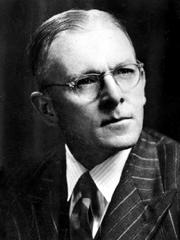I have begun reading and attempting to process Cry, The Beloved by Alan Paton. As I read it, I imagine myself talking in an African dialect. Having lived in India, it comes to the soundtrack of my imagination quite easily as we were surrounded by English speaking Afrikaners.
If you need a little bit of help understanding the book, check out Book Rags or Spark Notes.
It is true that this book ISN’T so Pollyanna as Anne of Green Gables, yet it provides a rich experience with which to broaden our horizons, expand our vocabulary, and enter into a different culture from a safe distance. We can also learn a little history about apartheid.
So what is the book about?
Here is my child’s version . . .
a priest and his wife have stuck to their old ways. But most of their family, including their only son have wanted a more exciting life—the big city. In an attempt to locate the family and bring them home, said priest takes all their savings to journey into the city that swallows people up and takes them prisoners. On his journey he is able to reclaim some but also meets much grief and sadness. And it appears that he uses up most of his money.
That is all I have read so far. Enlightening, ehh? Let me find something more profession and well thought out.
Alas, I can not find a SHORT summary. They are all VERY long. So you might as well read the book. How’s that?
As you begin to read, look for some of these themes (found from another book club who read this book). These will only get you started. Other themes can be found in the link that I previously provided for you.
- Biblical/Christian Influence. Cry, the Beloved Country is written in a Biblical style.
- Opposites. The novel is full of opposites: the land (compare introductory paragraphs to section 1 and section 2); black versus white; poor versus rich.
- Johannesburg Versus the Country . Cry, the Beloved Country contrasts the rural and urban ways of life.
- Balance of Black Versus White. One of the novel’s goals seems to be to offer a balanced portrayal of both white and black perspectives without condemning either side.
- Women. What role do women play in the novel? How do the injustices they face affect them? Do they suffer from injustices that the men do not?
- South African Society.




